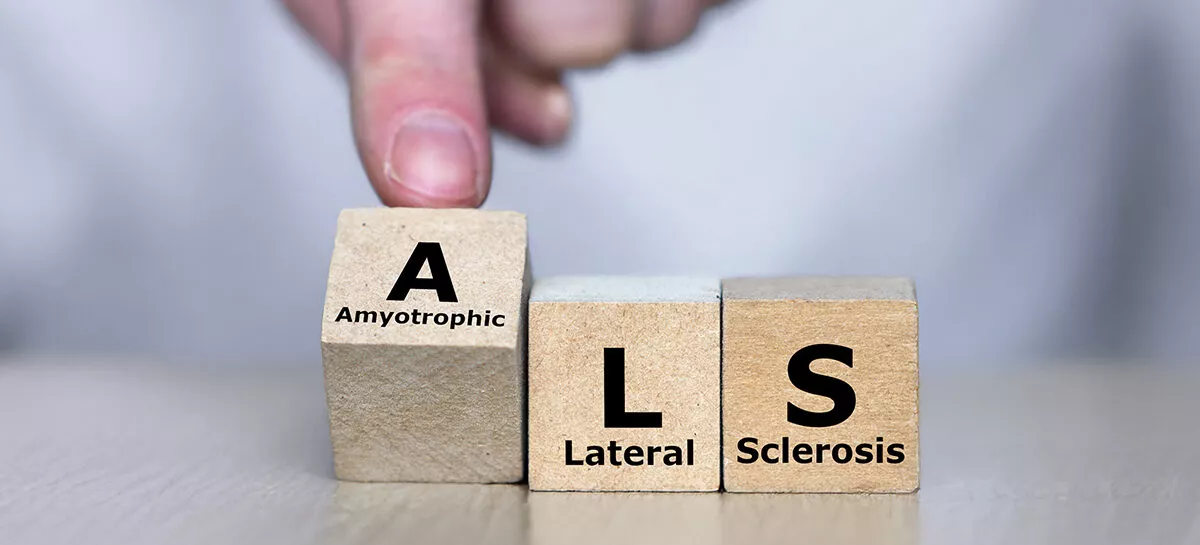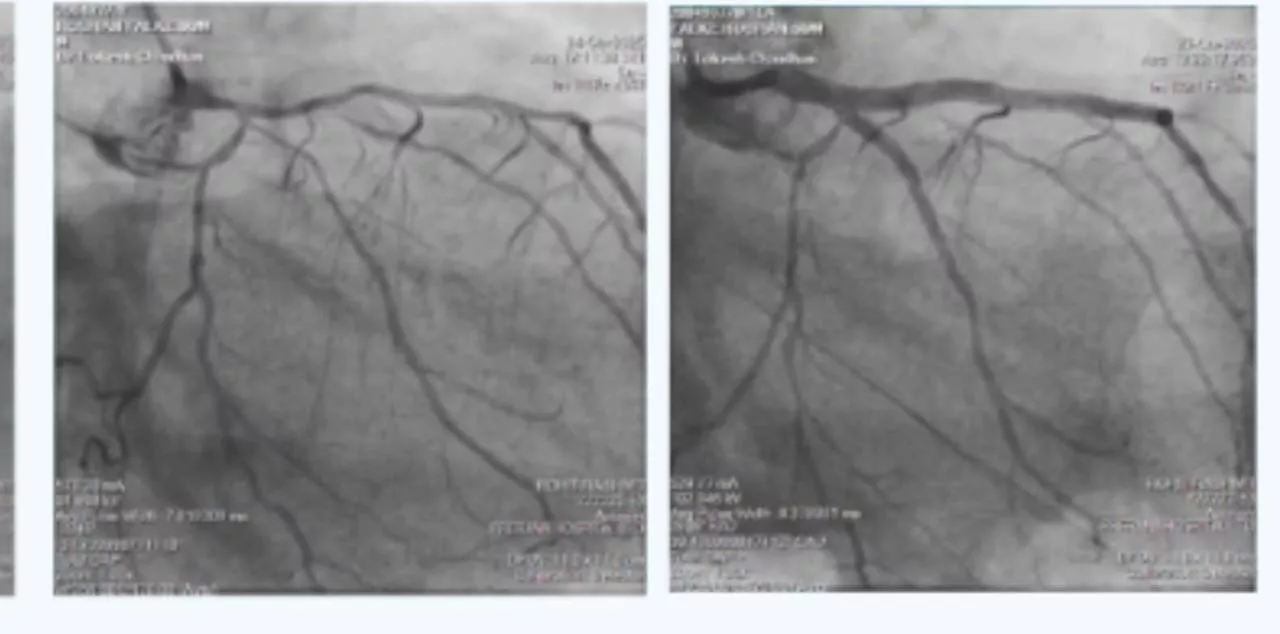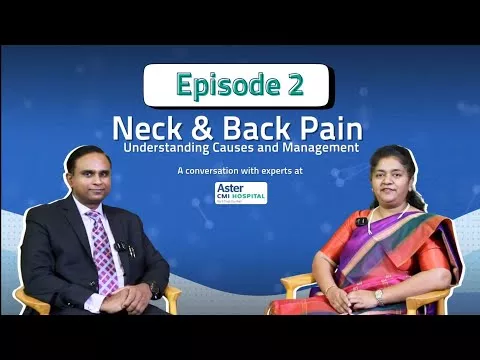As we age, the chances of developing knee pain rise, although it can affect people at any stage of life. One of the most common reasons for long-standing knee discomfort is age-related osteoarthritis — often described as the “wear and tear” of the knee joint.
In cases of osteoarthritis, the protective cartilage between bones slowly deteriorates over time. As the space between the bones narrows, movement becomes less smooth, and this can cause pain, stiffness, and swelling. For many people, pain is felt most during walking, climbing stairs, or getting up from a seated position.
Recognizing the Knee Pain Signs:
- Early recognition helps in timely management. Some typical features of knee osteoarthritis include:
- Pain on activity – particularly while walking or using stairs
- Joint line tenderness – discomfort when pressing along the sides of the knee
- Swelling – due to inflammation inside the joint
- Pain spreading to the thigh – a sign that surrounding muscles are also affected
Conservative Management – The First Step
In the early and moderate stages of knee osteoarthritis, many people benefit from non-surgical approaches that aim to reduce pain and keep the joint healthy for as long as possible. These include:
- Stretching & Myofascial Release – Gentle stretches help maintain flexibility, while myofascial techniques reduce tightness in surrounding muscles.
- Strengthening Exercises – Strong thigh and calf muscles help support the knee joint and reduce stress on it.
- Weight Management – Losing even 5–10% of body weight can significantly reduce knee strain.
- Heat Therapy – Using a warm pack or hot towel can relax muscles and ease stiffness.
- Local Rubifacients & Ointments – Provide temporary relief with minimal side effects.
- Mobilisation – Gentle physiotherapy techniques to maintain joint movement and reduce stiffness.
These measures can be combined for the best effect, but when pain persists despite these steps, other options are available.
When Knee Pain Persists – Interventional Knee Pain Management
Not everyone with knee osteoarthritis needs or wants surgery. In fact, there is a large group of patients in stage 2 and 3, and even some in stage 4, who can benefit from advanced pain management techniques before considering, or even instead of, surgery.
This includes:
Knee pain management without surgery can be managed.
Patients with multiple medical conditions such as uncontrolled diabetes, cardiac concerns, kidney disease, liver disease, or history of stroke that make surgery risky. People who still have knee pain even after TKR can take pain management treatment.
Common interventional procedures for knee pain include:
- Steroid + Local Anaesthetic Injections – Given under ultrasound guidance for precise targeting and quick relief from inflammation.
- Sodium Hyaluronate (Viscosupplementation) – Acts like a lubricant, improving joint movement.
- Platelet-Rich Plasma (PRP) Injections – Uses the patient’s own platelets to stimulate healing.
- Genicular Nerve Radiofrequency Ablation (RFA) – Targets the nerves carrying pain signals from the knee, reducing pain for months.
Advantages of Interventional Pain Management
- Performed as simple outpatient procedures – no hospital stay needed
- Safe for patients with comorbidities like uncontrolled diabetes, cardiac disease, kidney problems, liver disease, or post-stroke weakness
- Can be effective even after knee replacement surgery
- Cost-effective compared to surgery
- Quick recovery – patients often resume normal activities within a day or two
When Surgery Becomes Necessary
In advanced stage 4 osteoarthritis, where joint space is severely reduced and pain is constant, Total Knee Replacement remains the definitive option. However, interventional procedures can still help those:
- Not medically fit for surgery due to serious comorbidities
- Not willing to undergo surgery
- Experiencing persistent pain even after TKR
The Role of Pain Specialists for Knee Pain
At this stage, specialists in pain management become essential contributors to care, it becomes a condition in itself. This is where trained pain physicians play a crucial role. They work with patients to:
- Reduce pain
- Improve joint function
- Delay or avoid surgery where possible
- Enhance quality of life
At Aster CMI Hospital Bangalore we have comprehensive knee pain care management service.
At the Department of Pain and Palliative Medicine, Aster CMI Hospital, Bangalore our team offers personalized, evidence-based treatment for knee pain at all stages. We combine:
- Conservative approaches like physiotherapy, exercise, and weight management
- Advanced interventional pain management techniques
- Multidisciplinary care involving physiotherapists, orthopedic surgeons, and rehabilitation experts
Our goal is to help you move more, hurt less, and live better.
Whether your knee pain is in the early stage of osteoarthritis or you’re dealing with persistent discomfort after knee replacement, you don’t have to live with it.
With the right combination of lifestyle changes, interventional procedures, and specialist care, long-lasting relief is possible.
If knee pain is affecting your daily life, consult the Department of Pain and Palliative Medicine at Aster CMI Hospital, Bangalore to explore your options — because every step you take should be towards comfort, not away from it.











